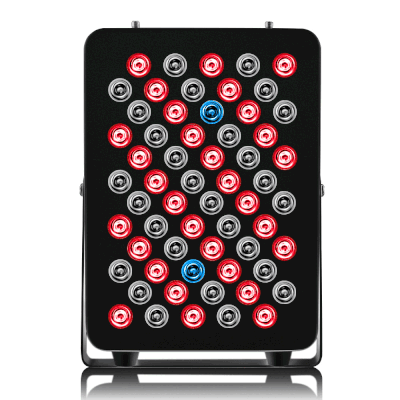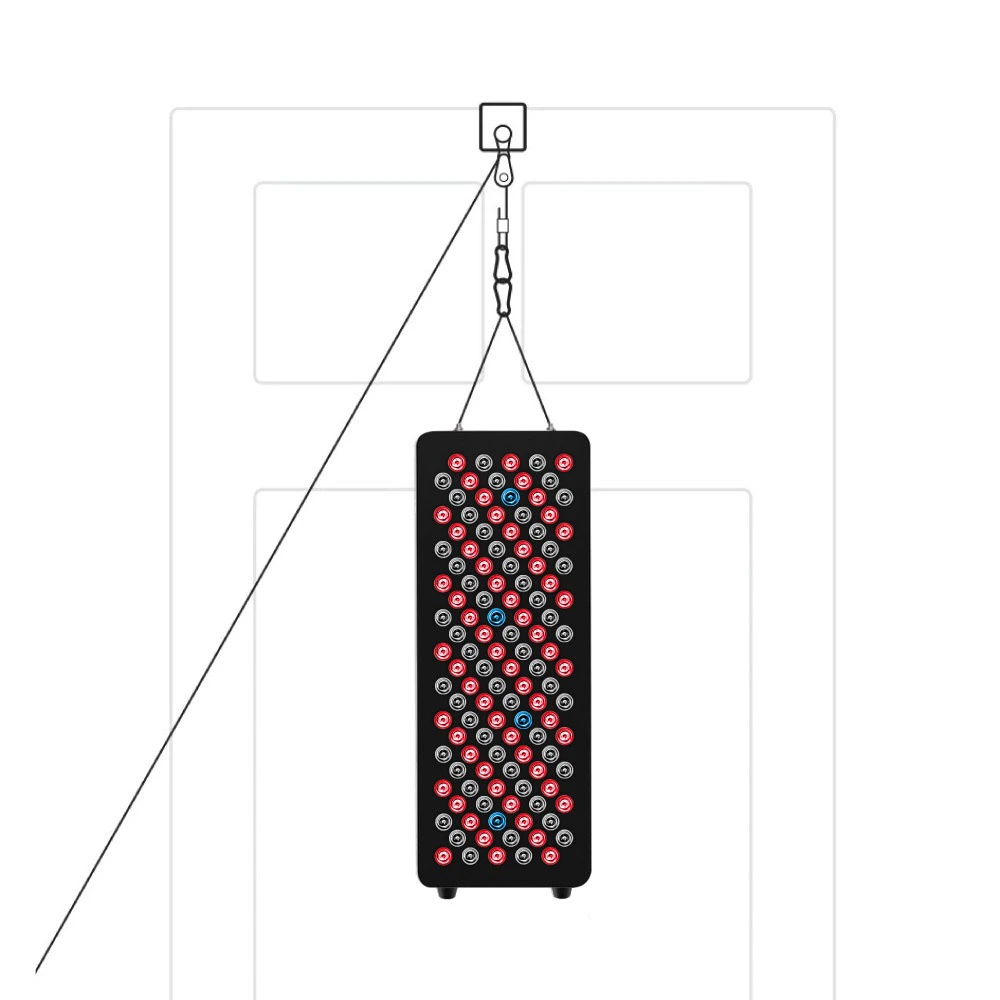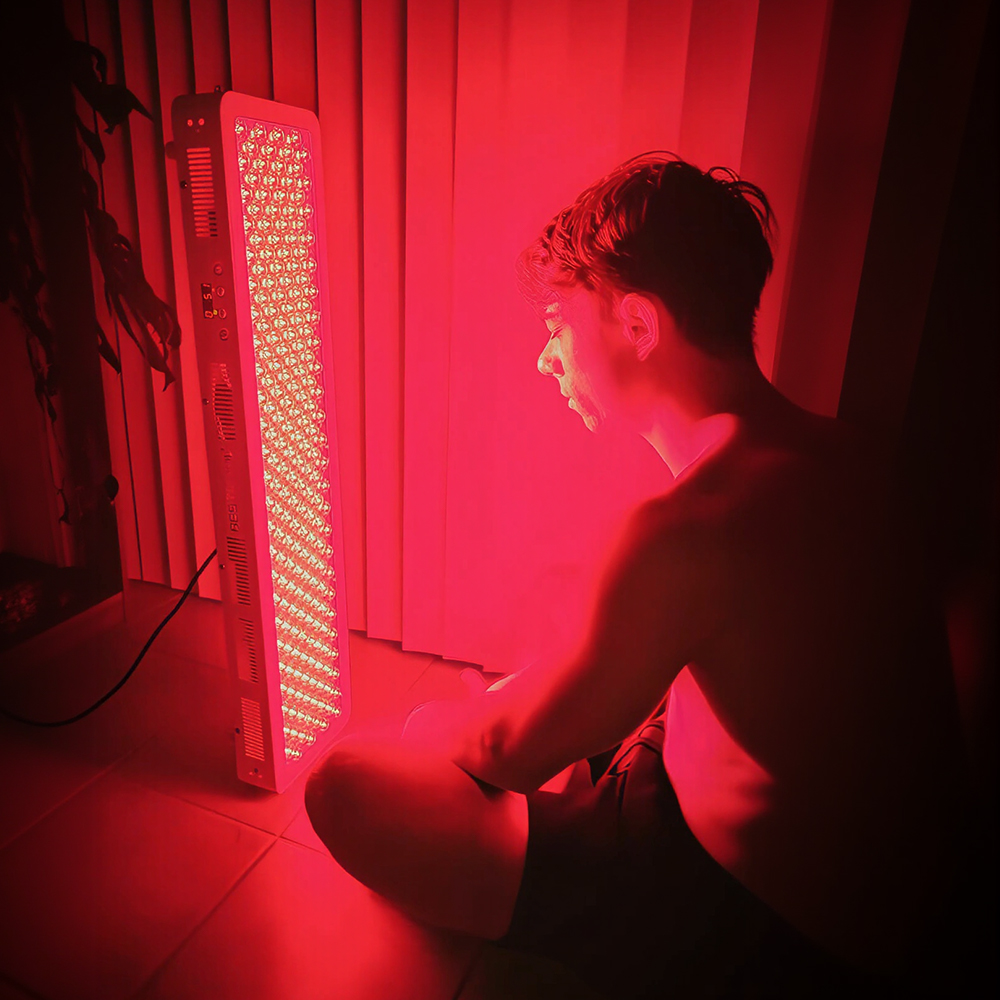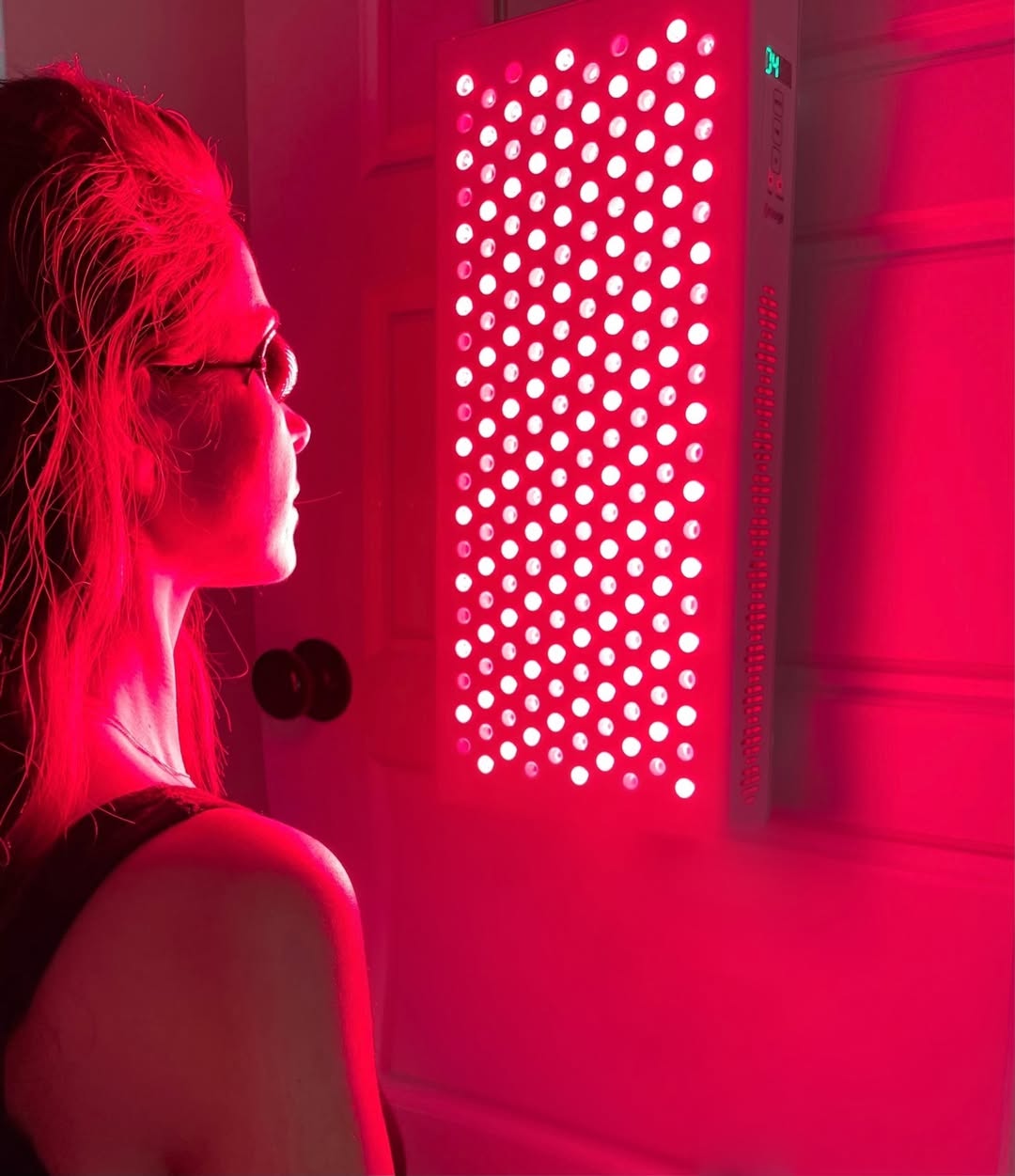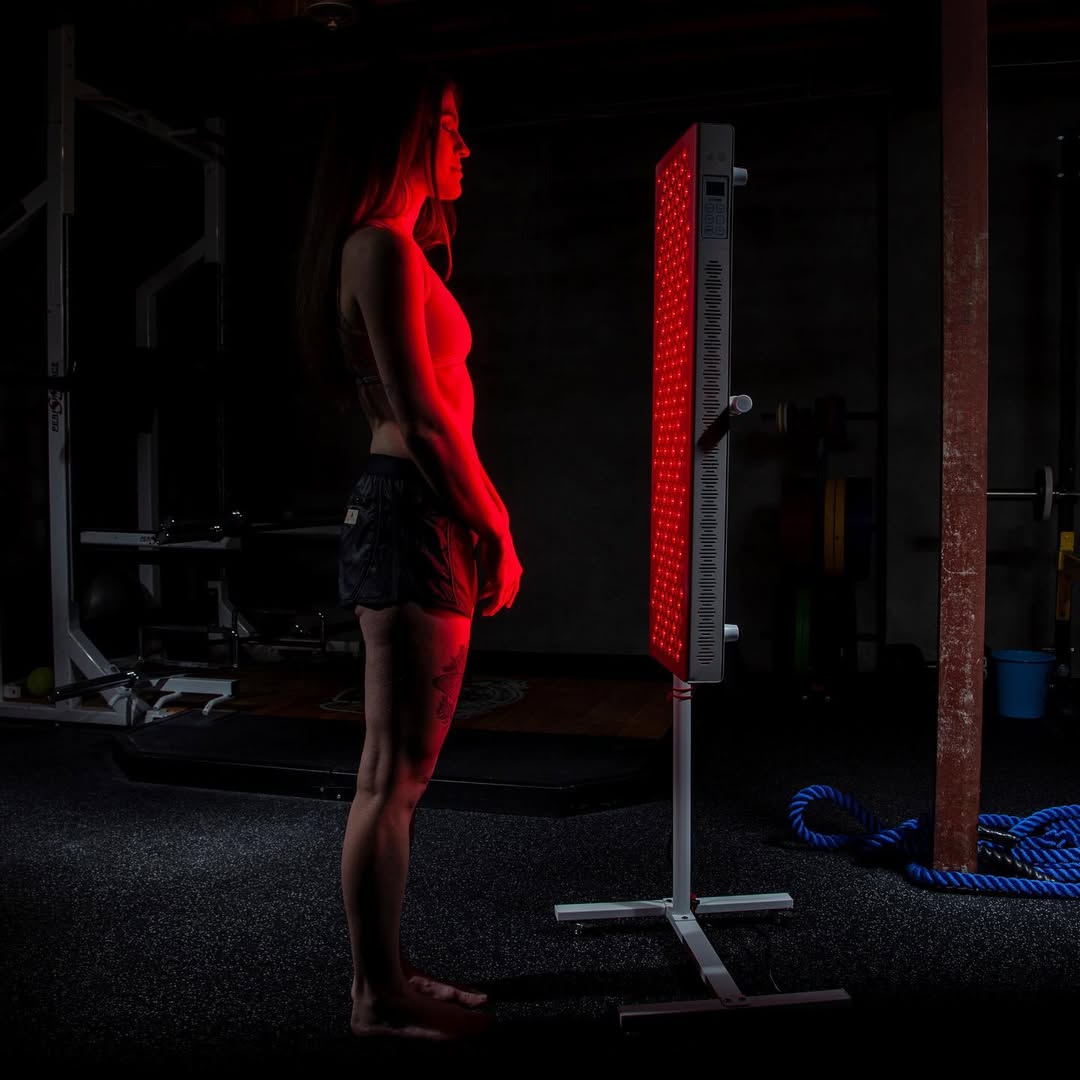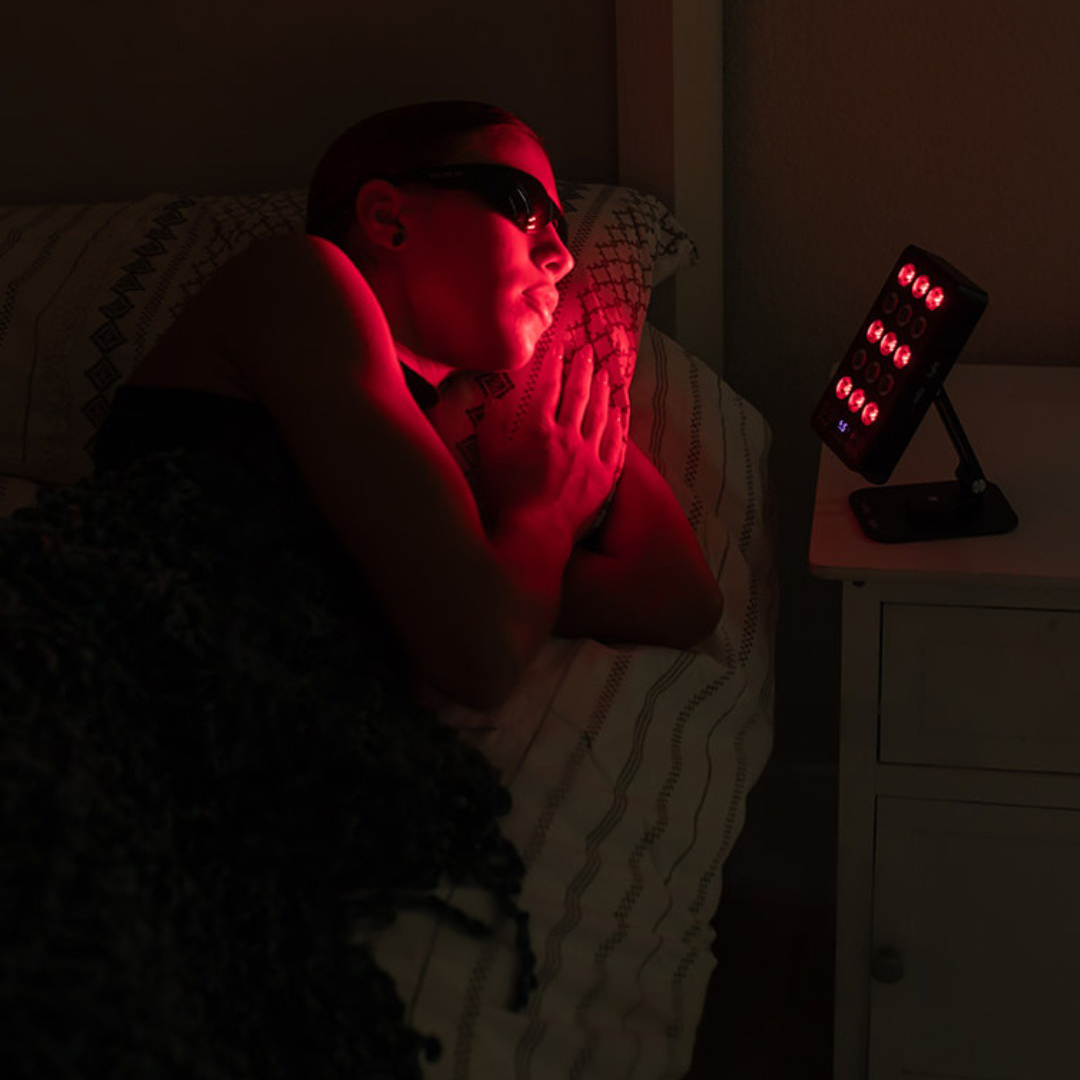![]() Free Shipping
Free Shipping ![]() Buy Now, Pay Later
Buy Now, Pay Later ![]() Eligible
Eligible
Fibroids and Red Light Therapy: A Comprehensive Guide to Natural Healing
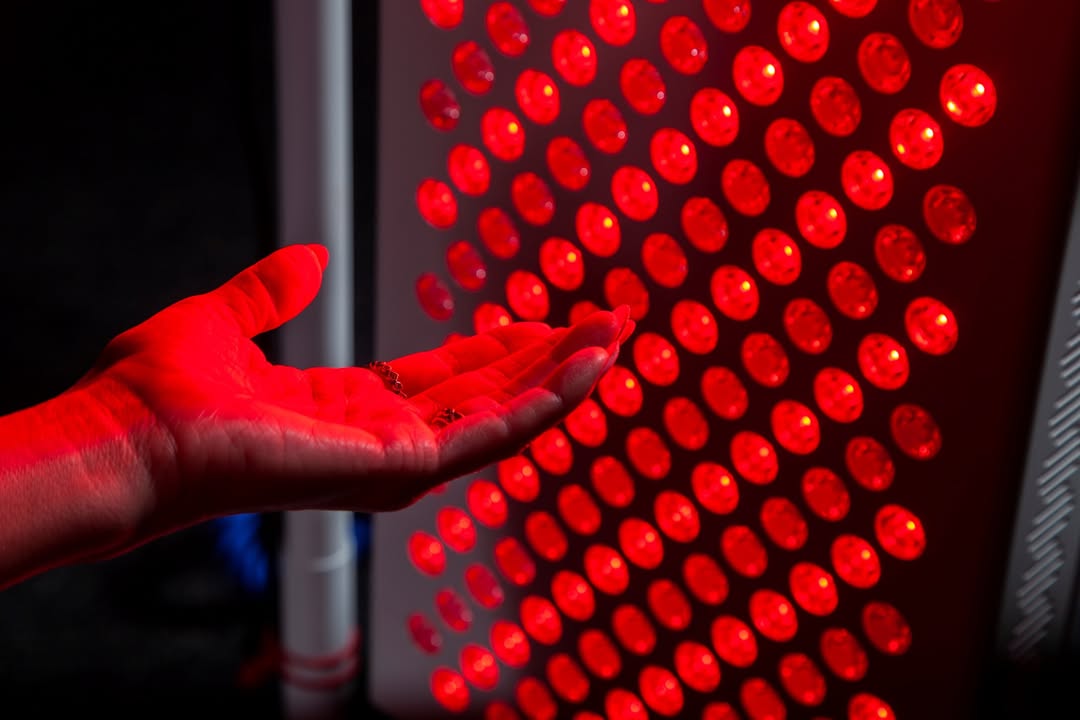
Uterine fibroids are a common health concern affecting millions of women worldwide. These non-cancerous growths can cause debilitating symptoms such as heavy menstrual bleeding, pelvic pain, and fertility issues. While conventional treatments like surgery and hormonal therapy exist, many women seek natural, non-invasive alternatives.
One emerging therapy gaining attention is red light therapy (RLT), also known as low-level laser therapy (LLLT) or photobiomodulation. This innovative treatment uses specific wavelengths of red and near-infrared light to stimulate cellular repair, reduce inflammation, and promote healing. But can red light therapy really help with fibroids?
In this 3,000-word guide, we’ll explore:
- What fibroids are and why they develop
- How red light therapy works on a cellular level
- Scientific evidence supporting RLT for fibroid management
- How to use red light therapy for fibroids effectively
- Additional natural remedies to combine with RLT
Whether you’re newly diagnosed or seeking alternative treatments, this article will provide valuable insights into managing fibroids naturally.
Chapter 1: Understanding Fibroids – Causes, Symptoms, and Conventional Treatments
What Are Fibroids?
Fibroids, or uterine leiomyomas, are benign tumors that grow in or around the uterus. They vary in size—from tiny seedlings to large masses that distort the uterus. While some women experience no symptoms, others suffer from:
- Heavy or prolonged menstrual bleeding
- Severe pelvic pain and pressure
- Frequent urination or constipation (due to pressure on the bladder/bowels)
- Pain during intercourse
- Infertility or pregnancy complications
Why Do Fibroids Develop?
The exact cause remains unclear, but several factors contribute:
- Hormonal Imbalance – Estrogen and progesterone promote fibroid growth.
- Genetics – A family history increases risk.
- Chronic Inflammation – Linked to diet and environmental toxins.
- Insulin Resistance – High blood sugar may fuel fibroid growth.
Conventional Treatment Options
- Medications – Hormonal therapies (birth control, GnRH agonists) to shrink fibroids.
- Surgery – Myomectomy (fibroid removal) or hysterectomy (uterus removal).
- Uterine Artery Embolization (UAE) – Blocks blood supply to fibroids.
While effective, these treatments come with risks and side effects, leading many women to explore natural alternatives like red light therapy.
Chapter 2: Red Light Therapy – How It Works
What Is Red Light Therapy?
Red light therapy (RLT) uses wavelengths between 630-850 nm (red and near-infrared) to penetrate the skin and stimulate cellular energy production. Unlike UV rays, RLT is safe and non-invasive.
How Does It Help Fibroids?
- Reduces Inflammation – Chronic inflammation worsens fibroids. RLT decreases pro-inflammatory cytokines.
- Improves Blood Flow – Enhances circulation, helping the body clear fibroids naturally.
- Balances Hormones – May support estrogen metabolism, reducing fibroid growth.
- Promotes Tissue Repair – Stimulates collagen production and cellular regeneration.
Scientific Evidence Supporting RLT for Fibroids
While direct studies on fibroids are limited, research shows:
- A 2017 study in Lasers in Medical Science found RLT reduced inflammation and pain in pelvic disorders.
- Near-infrared light has been shown to shrink benign tumors in animal studies (Photomedicine and Laser Surgery, 2014).
- Many women report reduced pain and bleeding after consistent RLT use.
VELLGUS Elite V2
THE #1 RATED RED LIGHT DEVICE
VELLGUS pro V2
THE #1 RATED FULL BODY RED LIGHT DEVICE
Chapter 3: How to Use Red Light Therapy for Fibroids
Best Devices for Fibroid Treatment
- Handheld RLT Devices – For targeted pelvic application.
- Red Light Panels – Full-body treatment for systemic benefits.
- Near-Infrared (NIR) Wraps – Designed for abdominal use.
Recommended Protocol
- Wavelength: 660 nm (red) + 850 nm (near-infrared) for deep penetration.
- Duration: 10-20 minutes per session, 3-5 times per week.
- Placement: Directly over the lower abdomen/uterus area.
Combining RLT with Other Natural Therapies
For best results, pair RLT with:
✅ Anti-inflammatory diet (reduce sugar, dairy, processed foods)
✅ Castor oil packs (improves lymphatic drainage)
✅ Herbal supplements (turmeric, green tea, vitex)
✅ Stress management (yoga, meditation)
Chapter 4: Success Stories and Expert Opinions
Many women have shared positive experiences using RLT for fibroids:
- “After 3 months of red light therapy, my heavy bleeding reduced by 50%!” – Sarah, 34
- “I noticed less pelvic pressure and improved energy levels.” – Maria, 41
Dr. Jessica Peatross, MD, a functional medicine expert, states:
“Red light therapy supports mitochondrial function, which can help regulate hormones and reduce fibroid-related symptoms.”
Chapter 5: Potential Risks and Considerations
Is RLT Safe?
Yes, RLT is FDA-cleared and non-invasive. However:
- Avoid overuse (stick to recommended durations).
- Consult a doctor if you have photosensitivity or active pelvic infections.
When to Seek Medical Help
If you experience:
❌ Severe anemia from blood loss
❌ Rapid fibroid growth
❌ Extreme pelvic pain
Conclusion: Should You Try Red Light Therapy for Fibroids?
While more research is needed, red light therapy offers a promising, natural approach to managing fibroid symptoms. By reducing inflammation, improving circulation, and supporting hormonal balance, RLT may help shrink fibroids and alleviate pain—without surgery or harsh medications.
Final Recommendations
✔ Start with a high-quality RLT device (check FDA-cleared options).
✔ Be consistent – Results may take 2-6 months.
✔ Combine with diet and lifestyle changes for maximum benefits.
If you’re struggling with fibroids, red light therapy could be the gentle, effective solution you’ve been searching for.


